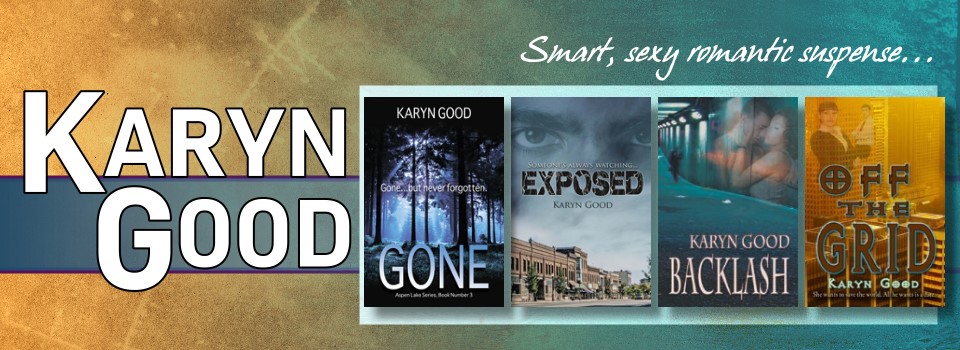The Romanticists did not present a hero as a statistical average, but as an abstraction of man’s best and highest potentiality, applicable to and achievable by all men, in various degrees, according to their individual choices. Ayn Rand The Romantic Manifesto
I don’t pretend to know a lot about Romanticism or the Romantic Era, other than quoting Thoreau or Emerson on occasion and I doubt that counts as knowledgeable. And it’s been a couple of decades since I’ve read Atlas Shrugged by Ayn Rand. I haven’t read anything of hers since, although I have always wanted to read The Fountainhead. But this quote came up when I was researching heroes and it spoke to me.
If it means what I think it means (and that’s not always guaranteed), it’s speaks to the essence of character. It’s about being true to your purpose and moving forward despite obstacles or because of them and how that is represented in late 18th century and early 19th century in art, literature and philosophy.
She goes on to write:
If man possesses volition, then the crucial aspect of his life is his choice of values—if he chooses values, then he must act to gain and/or keep them—if so, then he must set his goals and engage in purposeful action to achieve them. The literary form expressing the essence of such action is the plot. (A plot is a purposeful progression of logically connected events leading to the resolution of a climax.) Ayn Rand The Romantic Manifesto
From hero to plot, internal to external conflict. I like it. I think that’s what it means to be romance hero or heroine of today. Purposeful action in defense of one’s values and beliefs. As a romance writer it’s important to note that the unrealistic muscled fantasy hero we are often accused of creating is really symbolic of their inner strength of character. Though they have flaws and are guilty of making wrong decisions, they try to make it right. That’s my kind of hero.
Of course, I’m not going to complain if they happen to look good naked! What are your thoughts?
